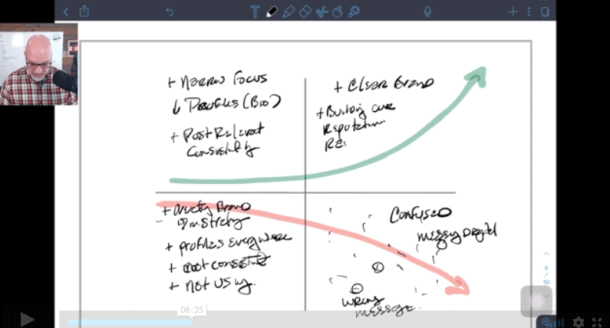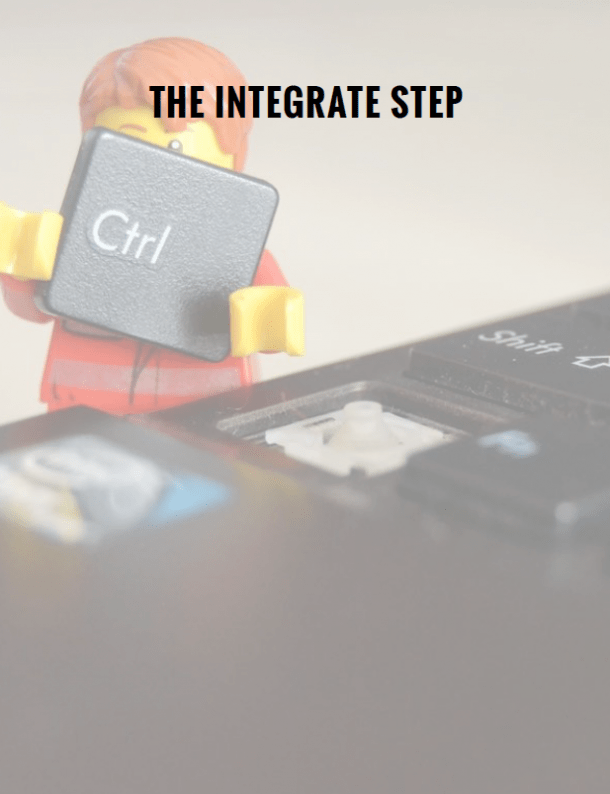No matter what sport you coach, don't pull a player from the game after one mistake. It will not make them a better player. In fact, it will do more harm than good. Why?
Because they are now afraid that they will be pulled anytime they make a mistake. This causes them to play tight and tentative. Neither are recipes for success.
Players, especially young kids still learning the game, are going to make to make mistakes. It's a fact. It doesn't matter how many times they practice or you repeat it, it's going to happen so expect it. T
he next time one of your players makes a mistake try letting them play. Chances are they know they messed up. Tell them about their error when they get back to the bench. Explain what they should have done, where they should have gone, where they should have passed the ball, etc.
Now if they make the same mistake 2-3 times, then you need to pull them, but the same advice above applies.
Remember, what you view as a failure is really a learning opportunity, especially if it happens during a game. Game time experience is where real learning happens.
The “stress” during a game cannot be replicated during practice. Mistakes during a game reinforce everything you teach them in practice. Instead of pulling the player, look at them and say, “that's why we work on that during practice”.
Children (and some adults for that matter) learn best by doing. By pulling them immediately, you turn what could be a valuable teaching moment during a high-stress situation into a regretful one.
The thought going through the child's brain will be “I screwed up. I'm not going to do that again”, instead of thinking about how they can learn from that mistake.
Once you pull a young player from the game, every possession after that the only thought running through their mind will be, “I'm not going to make that mistake again”. Which you might think is a good thing, however, it is not. Instead of learning and applying they will start to “look for that mistake” so they can avoid it.
Wouldn't you rather have them concentrating on what is happening around them? Instead of looking for the mistake that is going to happen, your team will be far better off if they were thinking about where they need to be on the court or field or how they should position themselves to make the next play.
Get a child to think in this manner and you have “won” as a coach.
As a coach, your main job is to teach and guide your players. Rather than look at a botched play or a wrong decision as a complete failure, view it as experience gained and let the child play. As a coach, this might be the hardest thing you ever do but it needs to happen.
If you do this, you will find your games become less stressful and your players will begin to have fun. Things “click” for teams that are having fun. When children are having fun it is easier for them to fill their heads with thoughts such as recalling plays, positions, and lessons from practice.
This only comes from not having the fear of being pulled from the game as the first and only thought in their mind.
Failure is inevitable. Expect it and remember that failure eventually equals success.





